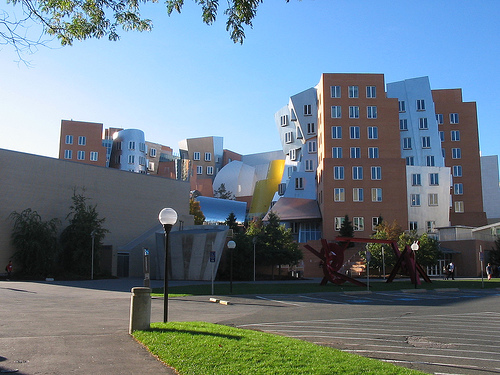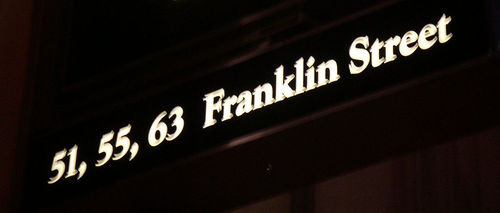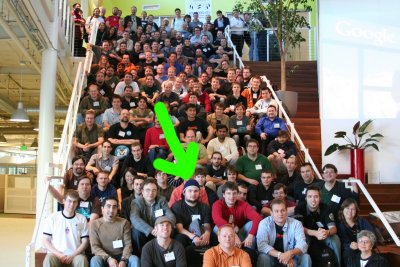On the English version of Wikipedia there is an article that discusses
the naming controversy over whether one should call the operating
system "GNU/Linux" or "Linux." In that article, some contend that
Linux is the more popular and common name for the system. But when
writing an encyclopedia, neither popularity nor commonality are the
paramount concerns. Calling the system "GNU/Linux" is more factually
accurate, as the GNU project largely forms the base of all
distributions of the operating system. For example, GNU packages
accounts for 14.79% of the 16.5GB of source packages used to build the
Main repository of the gNewSense GNU/Linux distribution (deltad). They
also constitute 6.69% of the 27GBs of source packages from which the
Universe repository is built. Linux weighs in at about 253MB and
accounts for approximately 1.5% of the source code needed to build the
Main repository. Furthermore, Linux itself is generally built using
GNU libraries and GNU tools, and on many systems depends on them being
there.
However, it's not just a matter of accuracy as it relates to lines of
code. It's about the motivation and goals that got those lines
written. By mentioning GNU, you are foregrounding the ethical
commitment its hackers have to free software. The foregrounding of
these principles is exactly the reason why some would prefer we elide
GNU. While the code for the kernel Linux is distributed as free
software under the GPL, the term "Linux" when applied to the whole
operating system is often used as a branding tactic by companies to
reduce the visibility of the ethical aspect of free software.
It should be understood we are not talking about a single operating
system but rather a very large class of operating systems, all of
which have at their core the Linux kernel and a suite of libraries,
programs, and utilities from the GNU system. All distributions of this
operating system contain software from outside the GNU project and the
Linux kernel. Furthermore, the name of this system is not written in
stone -- for any given distribution you can feel free to rename it and
redistribute it under any name you choose. For example, I can call it
the Josh kernel, the Josh Project, and distribute JoshOS. However, I
don't want to name the system after myself -- I'd want people know
that they are getting GNU.
When the name is GNU, you should hear, "This system exists because
of people who care about freedom. Join us, value your freedom, and
together we can preserve it." -- This quote was taken from the essay [Linux, GNU, and Freedom](http://www.gnu.org/philosophy/linux-gnu-freedom.html). We will often refer to Linux in conjunction with GNU, because without it, the GNU Operating System would be unable to run on thousands of different hardware platforms. However, the Linux kernel project itself has not made a
full commitment to freedom. They have included proprietary software in
their project, so distributions such as [blag](http://www.blagblagblag.org) and gNewSense make sure that there exist versions modified to remove the proprietary blobs.
However, even if Linux were to ship without blobs, GNU/Linux
distributions should still mention GNU. The fact is, there exist
distributions of GNU/Linux that even contain full proprietary
applications. The extent to which they can do this is severely
tempered by the significance of the GNU name. The name is inseparable
from the ethical motivations behind free software development, so
anyone trying to sell you proprietary software is going to do their
best to keep that quiet.
Sun Microsystems, a company that has made an increasing commitment to
free software over the years will regularly make statements such as,
"Sun's GNU/Linux Offerings," or "Sun brings a comprehensive systems
approach to GNU/Linux-based operating systems." However, many of Sun's
partners that distribute "leading, branded GNU/Linux operating
systems," suppress the GNU when "branding" their distributions.
Those companies that suppress the GNU name from their distributions
are some of the worst offenders in not only distributing proprietary
software, but also openly developing, promoting, and encouraging its
proliferation. In many ways, these companies are hijacking the free
software movement for their own gain, and their suppression of GNU is
just one way of distracting people from the fact that they are
unwilling to make an outright commitment to free software.
The marketing tactics of such companies often results in people
adopting the same language habits, unaware of all that is at play.
Even worse, some who know better will actually use the marketing
language as a justification for suppressing GNU because it is
"common." I hope that the editors of Wikipedia currently engaged in
this debate will stick to Wikipedia's principles and refrain from
engaging in such marketing tactics, and will refer to GNU when talking
about the class of operating systems that are built with the GNU
Operating System.
I'd like to encourage all of our supporters and readers out there to
work hard to combat such tactics by mentioning GNU when you see others
avoiding or suppressing it. Let them know that every GNU project is
guaranteed to carry freedom to the user -- freedom to run it for any
purpose, share it with neighbors, improve it for your own purposes,
and modify and redistribute your modifications for the benefit of the
whole community. As we reach the 25th anniversary of the GNU project,
I'd like to thank GNU and the thousands of free software developers
and supporters, past and present. And I'd like to encourage everyone
else to show their support too, by giving credit where credit is due
and saying GNU!
*Joshua Gay is a campaigns manager at the Free Software Foundation*
Verbatim copying and distribution of this entire article are permitted worldwide, without royalty, in any medium, provided this notice is preserved.













